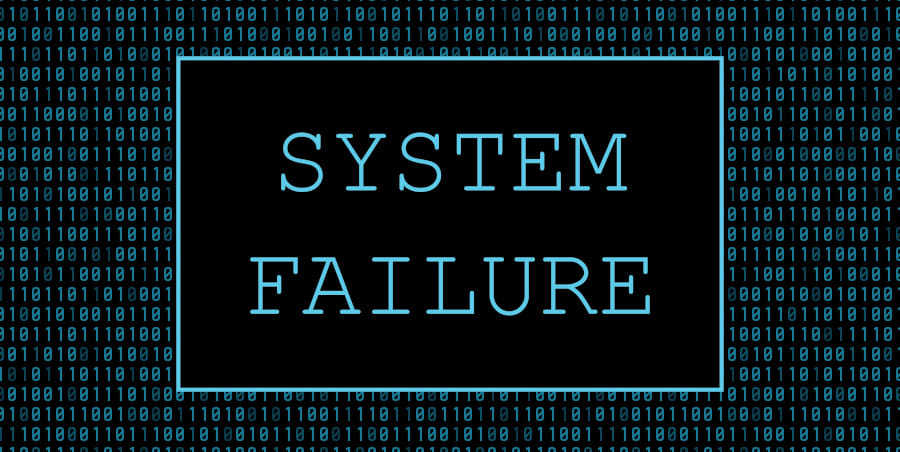Companies and organizations increasingly rely on databases, networks, and powerful automations to make work more efficient. For those resistant to progress, the pandemic kicked most of us a little further down the technology highway. But every organization has at least one employee that clings to the past. These holdouts resist change, continually debate the benefits of older legacy systems, and struggle to maintain control.
Like most companies, our organization relies upon a robust database to maintain records, facilitate communication, and manage financial data, including contributions. Once a month, the finance department runs contribution statements that, theoretically, go to anyone who has contributed to our organization in the past 30 days. However, this has not actually been the case. Each month a handful of individuals receive a blank sheet of paper. After reviewing several, I have discovered that the blank statements are going to employees that reimbursed the company for private expenditures. One recent employee was told that there was a “glitch in the system.”
Systems Glitch
Anyone following systems theory knows that systems can be closed or open and they also interact with other systems. So is the case with a database. The age-old adage is true: “Garbage in, garbage out.” If the database has erroneous information, then ALL resulting actions based upon the erroneous data will be equally erroneous. Systems rely upon accuracy to work correctly.
While it is true that systems can glitch, it is important to note that data processing relies upon coding that can be interpreted into 1s and 0s, known as binary code. In essence, 1 is “on” and 0 is “off.” A glitch in a system is based upon something being “on” or “off” –nothing more, nothing less. So when a system “glitches” that is what needs to be determined. After years in technology, I can personally affirm that every system glitch I have personally witnessed was actually a glitch created by the user. People glitch! When people glitch, the systems they operate likewise glitch.
Such is the case here.
Following Directions or Understanding Systems
“You don’t hire for skills, you hire for attitude. You can always teach skills.”
Simon Sinek once noted, “You don’t hire for skills, you hire for attitude. You can always teach skills.” There was a time in my life when I disagreed with this statement. However, I have come to understand the nuance of what he is saying. There is nothing worse than a nasty employee that cannot handle even the most basic and mundane tasks. At least if you have someone who is completely incompetent, make sure they have a good attitude about their own shortcomings. However, what cannot be taught is the comprehension of conceptual and philosophical frameworks. We all rely upon checklists when we start using new technologies or systems. This is a fundamental way in which we learn: repetition. However, after some time working in a system, we begin to understand the interconnectivity of the system and how parts of the system interact and influence each other. This the “AHA!” moment. We become aware of the greater framework, network, and important of the whole, rather than the individual part that defines my role or my office. When an employee cannot achieve this understanding, they have arrived at incompetent—an obsolete artifact of an old reality.
Senge points out the 5 disciplines of systems theory. They are systems thinking, personal mastery, mental models, shared vision, and team learning. Three of these elements have to do with comprehension: personal mastery, mental models, team learning. If an employee resists change at these levels, the system capitulates. To Sinek’s point, you can teach a monkey to follow directions. But you can never teach that monkey to understand the universe that defines those directions. Hire for competence. No one cares about your stinking attitude. The only glitch I see is an incompetent employee.



